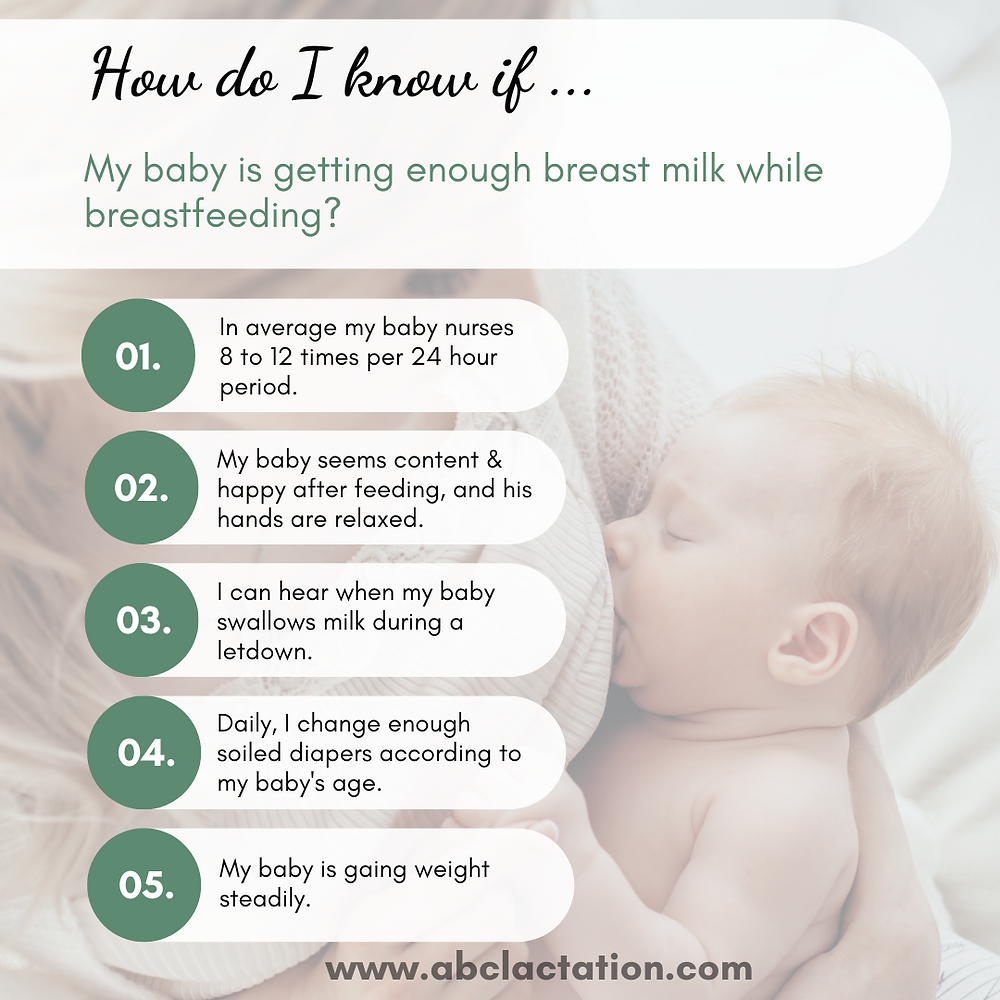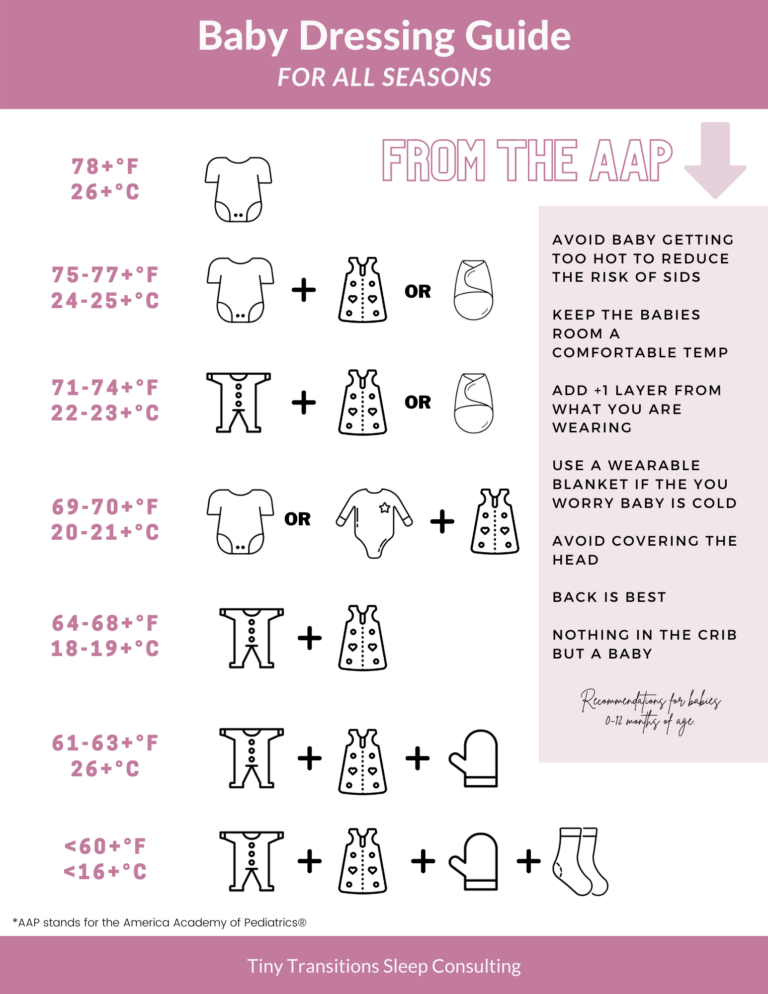How Do I Know My Baby’s Getting Enough Breast Milk
Are you a new parent wondering if your baby is getting enough breast milk? It’s a common concern for many mothers, but there are ways to ensure that your little one is well-nourished. In this article, we will delve into the topic of how to know if your baby is getting enough breast milk and provide you with the information you need to ease your worries.
Knowledge
When it comes to breastfeeding, there are several signs that can indicate whether or not your baby is getting enough breast milk. One of the key indicators is your baby’s weight gain. In the first few days after birth, it is normal for babies to lose a small amount of weight. However, by the time they are two weeks old, they should start gaining weight steadily. Regular visits to your pediatrician can help you track your baby’s growth and ensure that they are on the right track.
Another way to tell if your baby is getting enough breast milk is by monitoring their diaper output. A well-fed baby should have at least six wet diapers a day and several bowel movements. The color and consistency of your baby’s stools can also provide valuable information about their nutrition. If your baby’s stools are green or watery, it may indicate that they are not getting enough hindmilk, which is the rich, fatty milk that comes at the end of a feeding.
It’s also important to pay attention to your baby’s behavior during feeding. A baby who is getting enough breast milk will seem satisfied after a feeding session and may even fall asleep at the breast. They should also appear content and alert between feedings. If your baby is constantly fussy and crying, it may be a sign that they are not getting enough milk.
One of the most reliable ways to ensure that your baby is getting enough breast milk is to listen for swallowing sounds during a feeding. When your baby is actively sucking and swallowing, you will hear a rhythmic pattern of swallows. If your baby is not swallowing, it may indicate that they are not latched on properly or not getting enough milk.
Overall, trust your instincts as a parent. If you feel that something is not right or if you have concerns about your baby’s feeding, don’t hesitate to reach out to a lactation consultant or your healthcare provider for support and guidance.
Conclusion
In conclusion, knowing whether your baby is getting enough breast milk can be a source of anxiety for many new parents. By being aware of the signs of adequate milk intake and seeking support when needed, you can ensure that your baby is well-fed and thriving. Remember to trust your instincts and reach out for help if you have any concerns.
For new parents, the journey of breastfeeding can be both rewarding and challenging. By staying informed and seeking assistance when needed, you can provide your baby with the best possible start in life. Remember that every baby is unique, and what works for one may not work for another. Be patient with yourself and your little one as you navigate the world of breastfeeding.






